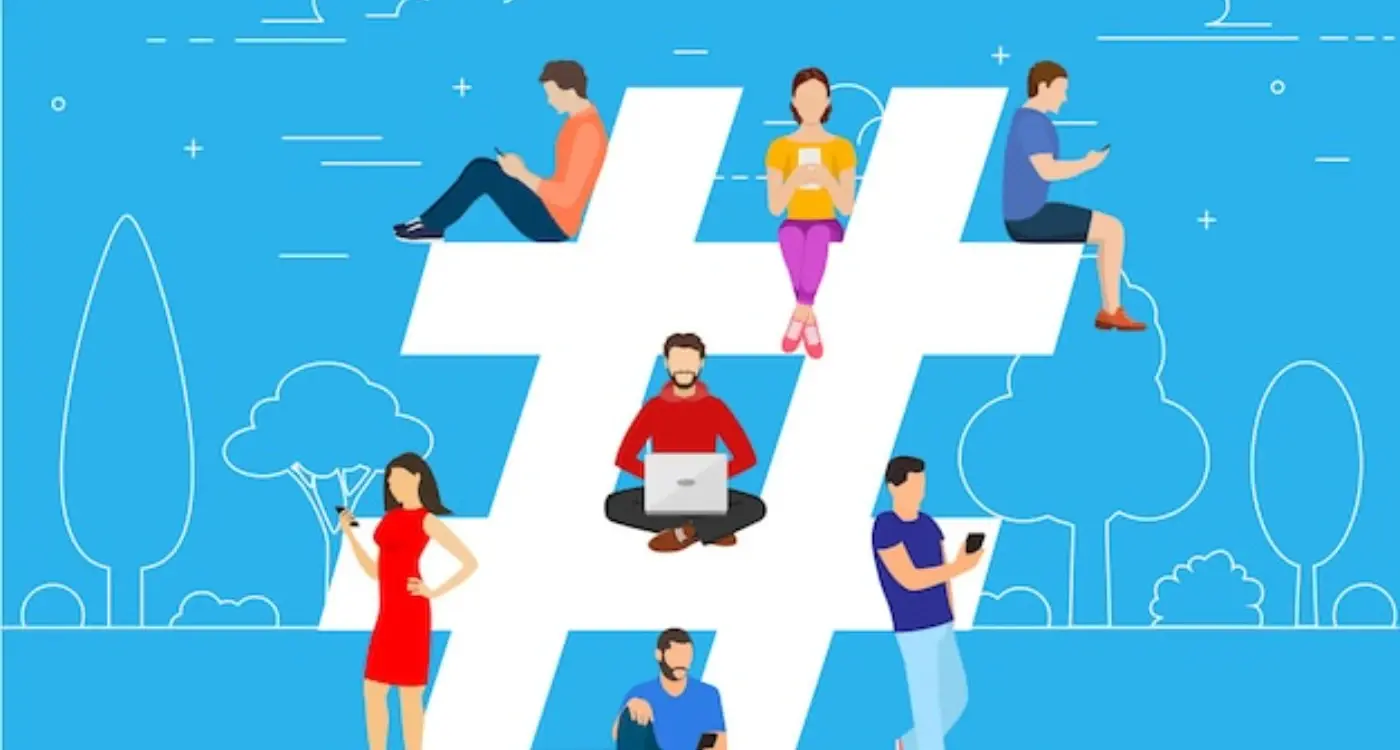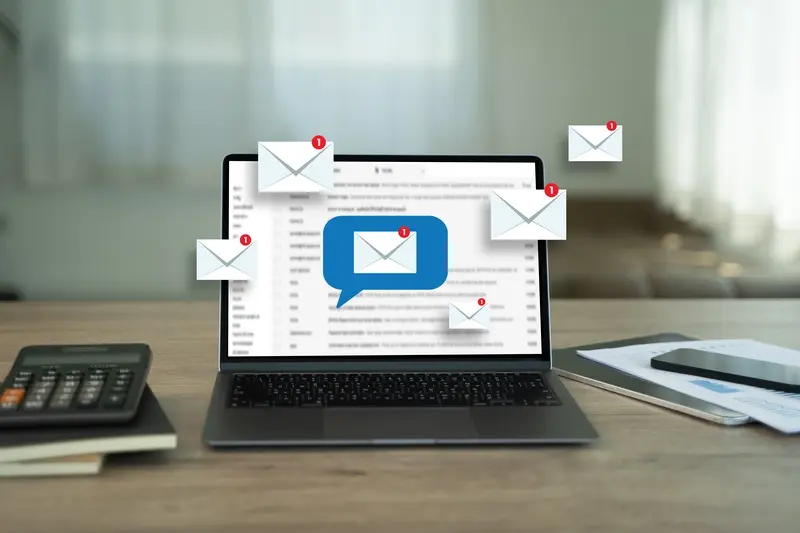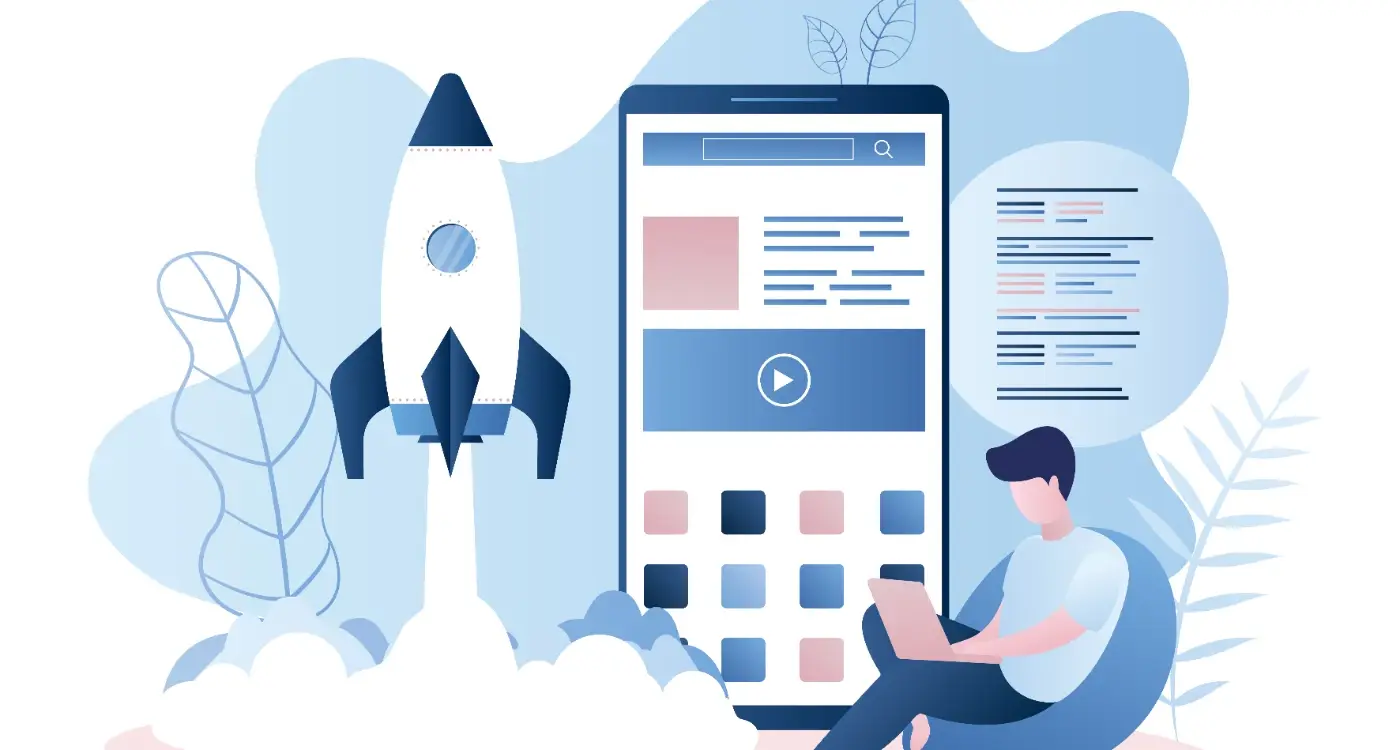How Do I Find the Perfect App Launch Date?
Picking the right launch date for your app can make or break its success in the crowded mobile marketplace. After developing hundreds of apps over the years, I've seen brilliant products fail because they launched at terrible times—and average apps succeed simply because they timed their release perfectly. It's one of those things that seems simple on the surface but actually involves loads of moving parts that most people don't consider.
The mobile app world doesn't sleep, and users download apps 24/7 across different time zones and seasons. But that doesn't mean all launch dates are created equal. Some weeks see download rates spike by 300%, while others can be dead zones where even the best marketing campaigns struggle to gain traction. Holiday periods, back-to-school seasons, competitor launches, and even global events can dramatically impact how your app performs in its first weeks.
The difference between launching at the right time versus the wrong time can be the difference between 10,000 downloads and 100,000 downloads in your first month
Your apps launch timing affects everything from App Store visibility to user acquisition costs, media coverage opportunities, and your team's ability to provide proper support. Get it wrong and you might find yourself launching during a major competitor's campaign, a slow news period where journalists aren't covering new apps, or when your target users are simply not thinking about downloading new apps. The good news? With proper planning and understanding of market patterns, you can stack the odds in your favour and give your app the best possible start.
I've seen brilliant apps fail because they launched at completely the wrong time—and I mean proper disasters where fantastic products just disappeared into the void. It's honestly heartbreaking when you know the app deserved better. Timing your app launch isn't just about picking a date on the calendar; its about understanding when your users are most likely to discover, download, and actually stick with your app.
Think about it this way—you wouldn't open a beach café in the middle of winter, would you? The same logic applies to mobile apps, but the seasonal patterns are much more subtle and complex. Your fitness app might do brilliantly in January when everyone's making New Year resolutions, but launching it in December when people are focused on Christmas shopping? You're fighting an uphill battle from day one.
But here's where it gets interesting—timing isn't just about seasons or holidays. The mobile app market has its own rhythm that most people completely miss. App store algorithms favour apps with strong initial momentum, so launching when your target audience is most active can make the difference between getting featured and getting buried. I've watched apps with identical features achieve completely different results simply because one launched during a busy news week when their audience was distracted, whilst the other chose a quieter period.
The reality is that most app launches fail not because the product is bad, but because the timing was wrong. Your marketing budget gets wasted, user acquisition costs skyrocket, and you end up competing against established apps when you could have had a clear run at the market. Getting your launch timing right sets everything else up for success—or failure.
Understanding Your Target Market's Behaviour
Right, let's talk about something that catches out loads of app developers—thinking everyone uses their phone the same way you do. I mean, it sounds obvious when you put it like that, but you'd be surprised how many brilliant apps I've seen launch at completely the wrong time because nobody bothered to check when their actual users are most active.
Your target market's behaviour patterns are like fingerprints; they're unique to each group. Business professionals might download productivity apps on Sunday evenings when they're mentally preparing for the week ahead. Teenagers? They're scrolling through app stores at completely different times—often late evenings or weekends when they've got time to explore.
Here's what I've learned from years of tracking this stuff: you need to dig into when your audience actually makes decisions, not just when they use apps. There's a big difference. Someone might use a fitness app every morning at 6am, but they probably downloaded it on a Sunday afternoon whilst feeling motivated about the week ahead.
Check your competitors' social media engagement patterns and app store review timestamps. This gives you real data about when your target market is most active and making download decisions.
User Activity Patterns by Demographics
- Students: Peak download times during evenings and weekends, with spikes before semester starts
- Working professionals: Sunday evenings and lunch breaks show highest conversion rates
- Parents: Download decisions often happen after children's bedtime (8-10pm)
- Seniors: Mid-morning weekdays when they have time to explore new apps carefully
- Gamers: Thursday-Saturday evenings when they're planning weekend entertainment
The key is matching your launch timing with when your specific audience is in "discovery mode"—not just when they're using their phones, but when they're actively looking for solutions to their problems. Understanding psychological principles that guide user behaviour can give you deeper insights into these decision-making patterns.
Seasonal Factors That Impact Downloads
Right, let's talk about something that catches a lot of people off guard—how much the time of year affects app downloads. I mean, you'd think people use their phones consistently throughout the year, wouldn't you? But that's not actually the case.
December is absolutely mad for app downloads. People get new devices for Christmas, they're stuck indoors with time to browse the App Store, and they're generally in a spending mood. Gaming apps see their biggest spikes during this period, and so do fitness apps (thanks to New Year resolutions). But here's the thing—if you launch in December, you're competing with everyone else who had the same bright idea.
January can be tricky though. Sure, fitness and productivity apps do well, but people are often skint after Christmas spending. Financial apps that help with budgeting? Perfect timing. Shopping apps? Not so much.
The Summer Slump
Summer months—particularly July and August—are notoriously quiet for most app categories. People are on holiday, spending less time on their phones, and generally not downloading new apps. Travel and photography apps buck this trend, obviously, but for most other categories, it's a tough time to launch.
Back-to-school season in September brings opportunities for educational apps, productivity tools, and anything targeting students or parents. The momentum often carries through to October.
Industry-Specific Patterns
- Dating apps see spikes after Valentine's Day and during "cuffing season" (autumn)
- Tax apps have an obvious window from January to April
- Shopping apps build momentum from October through to Boxing Day
- Health apps peak in January and again in spring
- Entertainment apps perform well during cold months when people are indoors
The key is understanding your specific audience's behaviour patterns. A B2B productivity app will follow different seasonal trends than a consumer gaming app. Look at your competitors' download patterns—most app intelligence tools can show you this data going back several years.
Competition Analysis and Market Windows
Right, let's talk about something that can make or break your launch—understanding when your competitors are making their moves. I've seen brilliant apps get completely buried because they launched the same week as a major competitor's big update. It's genuinely heartbreaking when months of hard work get overshadowed by poor timing.
The thing is, you need to be watching your competition like a hawk in the months leading up to your launch. Not in a creepy way, but you should know their release patterns, their marketing cycles, and especially their major announcements. Most established apps follow predictable patterns—they'll push updates before holidays, launch new features at the start of quarters, or time releases around industry events.
Finding Your Market Window
Here's where it gets interesting. You're looking for what I call "quiet periods" in your niche. These are windows when your main competitors aren't launching anything significant and there's less noise in your category. But—and this is important—you also need enough activity to show the market is healthy and users are engaged.
The best launch windows aren't completely empty; they're just not overcrowded with your direct competitors
I always tell clients to map out their top five competitors' activities for the past year. Look for patterns. Do they avoid certain months? Is there a sweet spot where they're all quiet? That's your opportunity. But don't forget to check if there's a good reason they're all quiet—sometimes it's because user engagement naturally drops during certain periods.
One more thing—keep an eye on funding announcements and acquisition news in your space. When a competitor raises money or gets bought, they'll probably launch something big within three to six months. Plan accordingly.
Technical Readiness vs Market Timing
Here's the thing that keeps most app developers up at night—when your app is technically ready to launch, the market timing might be all wrong. And when the market timing is perfect? Your app probably needs another few weeks of bug fixes. It's honestly one of the most frustrating balances to strike.
I've seen way too many projects where teams rush to hit a market window and launch with a half-baked product. Sure, you might catch that perfect seasonal spike or get ahead of competitors, but if your app crashes on launch day or the user experience is clunky, you've basically wasted your one shot at making a good first impression. Users don't give second chances these days—they'll just delete your app and move on to something else.
On the flip side, I've worked with perfectionist clients who kept polishing their apps for months while their competitors launched similar products and captured market share. By the time they felt "ready," the opportunity had passed them by. It's a bit mad really, but sometimes good enough is actually good enough.
Finding Your Launch Sweet Spot
The key is defining what "technically ready" actually means for your specific app. Not every feature needs to be perfect—but your core functionality absolutely must work flawlessly. Here's what I tell my clients to prioritise:
- Core user journey works without any crashes or major bugs
- App performs well on older devices (at least 2-3 years old)
- Loading times are under 3 seconds for main features
- Payment systems are thoroughly tested if applicable
- Basic analytics and crash reporting are implemented
Everything else? It can wait for version 1.1. You know what's better than a perfect app that launches too late? A solid app that captures the market at exactly the right moment and then improves based on real user feedback.
App Store Guidelines and Review Periods
Right, let's talk about something that can absolutely make or break your launch timing—the app store review process. I've seen perfectly planned launches go sideways because someone forgot to factor in review times. It's honestly one of the most overlooked aspects of launch planning, but it can add days or even weeks to your timeline.
Apple typically takes 24-48 hours to review apps these days, which is much better than the week-plus waits we used to endure. Google Play is usually faster—sometimes just a few hours—but don't bank on speed. Both stores can flag your app for additional review if there's anything that doesn't quite meet their guidelines. And trust me, their guidelines change more often than you'd think.
Here's what really catches people out: seasonal review delays. During major holiday periods or when new OS versions launch, review times can stretch significantly. I've had apps sit in review for over a week during busy periods, which completely messed up coordinated marketing campaigns. Plan for this by submitting earlier than you think you need to.
Common Review Delays
The biggest delays happen when apps get rejected for guideline violations. Sometimes it's obvious stuff like broken functionality or missing privacy policies. But sometimes its more subtle—maybe your app uses a restricted API or your in-app purchases aren't set up correctly. Each rejection-resubmission cycle adds days to your timeline.
Your best bet? Submit your app at least a week before your planned launch date. Yes, even with faster review times. This gives you buffer room for any unexpected issues and means you can actually choose your launch moment rather than being at the mercy of app store timing.
Build in a two-week buffer between app submission and your planned launch date. You can always delay releasing an approved app, but you can't speed up the review process once you've submitted.
Marketing Campaign Coordination
Your marketing team needs to know about your launch date months in advance—not weeks. I've seen too many promising apps fail because their marketing campaigns weren't properly synced with their release timeline. Marketing isn't something you can just switch on when your app hits the store.
The reality is that effective app marketing requires multiple touchpoints over several weeks or even months. You'll need time for influencer outreach, press kit preparation, beta testing with key users, and building up your social media presence. If you're planning any paid advertising—which you probably should be—you'll need lead time to create assets, set up tracking, and get approval from ad platforms.
Pre-Launch Marketing Timeline
Here's what I typically recommend to clients for their marketing coordination:
- 8-12 weeks before launch: Begin influencer outreach and press relationships
- 6-8 weeks before: Finalise marketing assets and app store screenshots
- 4-6 weeks before: Launch beta testing programme with selected users
- 2-4 weeks before: Submit app for review and begin teaser campaigns
- 1-2 weeks before: Ramp up social media activity and prepare launch day content
- Launch day: Execute coordinated campaign across all channels
One thing that catches people out is App Store Optimisation. You can't just throw together your app store listing at the last minute and expect it to perform well. Your screenshots, description, and keyword strategy need to be tested and refined well before launch.
Also, don't forget about your website and landing pages. These need to be ready to convert visitors who discover your app through your marketing efforts. I've watched launch campaigns drive loads of traffic to placeholder pages—it's painful to see that wasted opportunity.
The key is working backwards from your ideal launch date and making sure every marketing element has enough time to be executed properly. Rush this part and you're basically throwing away months of development work.
Post-Launch Support Planning
Here's something people don't talk about enough—your launch date isn't just about the big day itself. It's about what happens next. I've seen brilliant apps stumble because their teams were so focused on hitting the launch button that they forgot to plan for the weeks that follow. And honestly? Those first few weeks can make or break your app's future.
When you're picking your launch date, you need to think about your support capacity. If you launch on a Friday and bugs start rolling in over the weekend, can your development team respond? I've watched apps get hammered with one-star reviews because critical issues weren't fixed for days. Users don't care that it's the weekend—they want their problems solved now.
Understanding what makes users feel heard is crucial during this initial period when feedback will be pouring in from all directions.
Building Your Support Timeline
Your post-launch timeline should map out at least the first month after release. Week one is when you'll see the highest volume of user feedback and the most critical bugs. Make sure your developers are available, not heading off on holiday. Week two is typically when you'll need to push your first update based on real user behaviour.
The apps that succeed long-term are the ones that treat launch day as the beginning, not the end, of their user relationship
Resource Allocation Reality Check
Be realistic about your team's bandwidth. If you're launching during a busy period for your company, you might not have the attention your new app deserves. I've seen launches delayed by months because teams realised they couldn't properly support users during their planned release window. Better to wait and do it right than rush and damage your reputation from day one. Your users will thank you for it.
Conclusion
Right then, we've covered a lot of ground here—from understanding your users' behaviour to timing your marketing campaigns just right. But here's the thing that really matters: there isn't a magic date that guarantees success. I know, I know, that's probably not what you wanted to hear!
What I've learned after launching dozens of apps is that the "perfect" launch date is actually the intersection of several factors working together. Your app needs to be technically ready (and I mean properly ready, not "we'll fix that bug next week" ready), your marketing team needs to be prepared, and the market conditions need to align with your goals. Miss any one of these and you're making things harder for yourself.
The biggest mistake I see clients make? Rushing to hit arbitrary dates like the start of a new quarter or a conference they want to announce at. Sure, these can be great opportunities, but not if your app crashes every time someone tries to sign up. Quality always trumps timing.
My advice after all these years? Pick a date that gives you breathing room. Factor in app store review times, plan for the unexpected technical hiccups, and make sure your support team is ready for real users with real problems. The market will still be there next week, but your reputation might not recover from a botched launch.
Launch when you're ready to succeed, not when the calendar tells you to. Your users will thank you for it, and honestly, so will your stress levels.
Share this
Subscribe To Our Learning Centre
You May Also Like
These Related Guides

How Do You Build a Social Media Following Before Your App Launch?

How Do I Build An Email List Before My App Launches?



